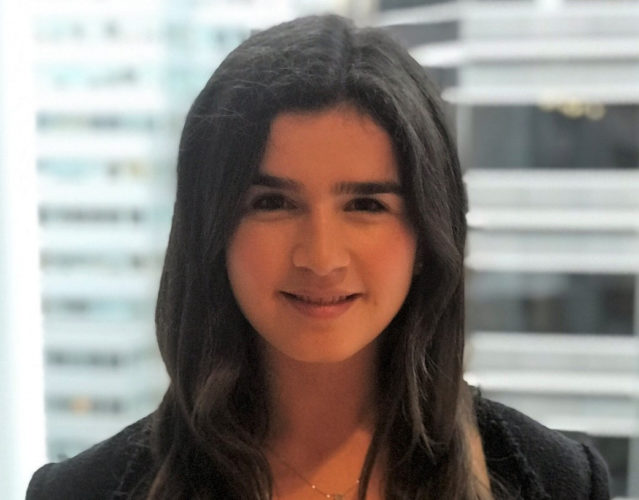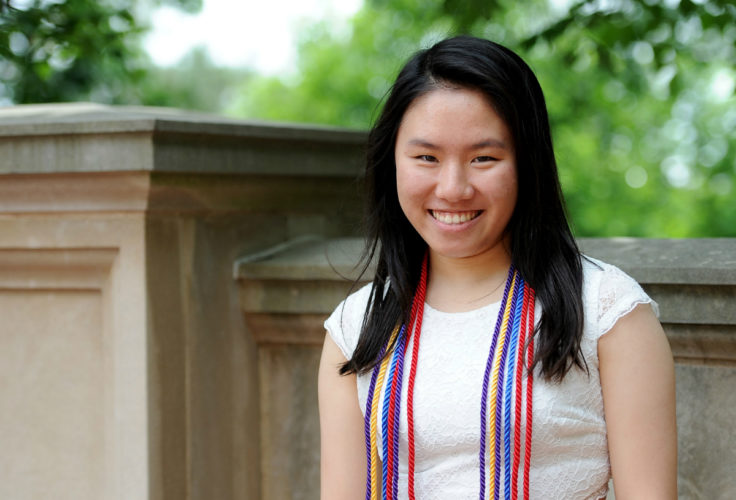Part of a series of Q&As with Olin alumni. Today we hear from Nina Gerson, BSBA ’17. Nina works as an investment banking analyst at Union Square Advisors.
What are you doing for work now, and how did your Olin education impact your career?
I am currently in my second year as an investment banking analyst at Union Square Advisors, a boutique investment bank that advises technology companies on M&A and late-stage private capital raising. Upon completion of the analyst program this summer, I will be joining CapitalG (formerly known as Google Capital) as an investor on their growth equity team.
I believe having an undergraduate BSBA from Olin helped set me apart from other candidates during recruiting for investment banking. Moreover, Olin’s supportive, close-knit community provided me with the resources to explore and prepare for a career in finance.
Olin has a very entrepreneurial environment. While at Olin, faculty supported me and my peers in our efforts to build out the Washington University Investment Banking Club (WUIB), WUIBWomen and bringing Adventis to campus to teach financial modeling. I cannot stress enough how important it is to take advantage of the opportunity to tap the bright network of students, faculty and staff within Olin for support, ideas and collaboration.
What Olin course, ‘defining moment’ or faculty influenced your life most, and why?
The first class I took at Olin, Management 100, was a defining moment in my college journey. I vividly remember working in a group on a HBS case study on Southwest’s business model. I was drawn to the applied nature of the case study method and the collaborative, group work environment that is present in most of Olin’s classes. Once I was exposed to this method of education, I quickly switched from a pre-law track into the business school.
How do you stay engaged with Olin or your Olin classmates and friends?
Since I graduated two years ago, I have lived in both SF and NYC. Both cities are hubs for Wash U grads and have a great community – both professionally and socially. Olin and its associated professional clubs do a great job of encouraging students to reach out to alumni and I love to hear from current students and stay involved via their outreach.
Why is business education important?
Graduating with a BSBA prepared me for the technical, conceptual and applied aspects of financial concepts that we work with on a daily basis in investment banking. In addition, my classmates and I received the gift of a national professional network that we can tap post-graduation, an opportunity most students only have after earning an MBA.
Looking back, what advice would you give current Olin students?
Seize the years you have at Wash U and in Olin. Olin’s students, faculty and staff are eager to mentor, advise, collaborate and support each of you. This is a special moment where you have an incubated environment of striving individuals with similar goals and hopes as your own. I encourage you to use this time to explore your personal and professional ambitions to the fullest.













